COVID-19 has caused a sharp increase in interest around immunity supporting products, such as NZMP’s clinically researched probiotic strains. Dr James Dekker, discusses probiotics ability to support immunity and whether their use is appropriate.
Get the latest international news and world events from around the world.
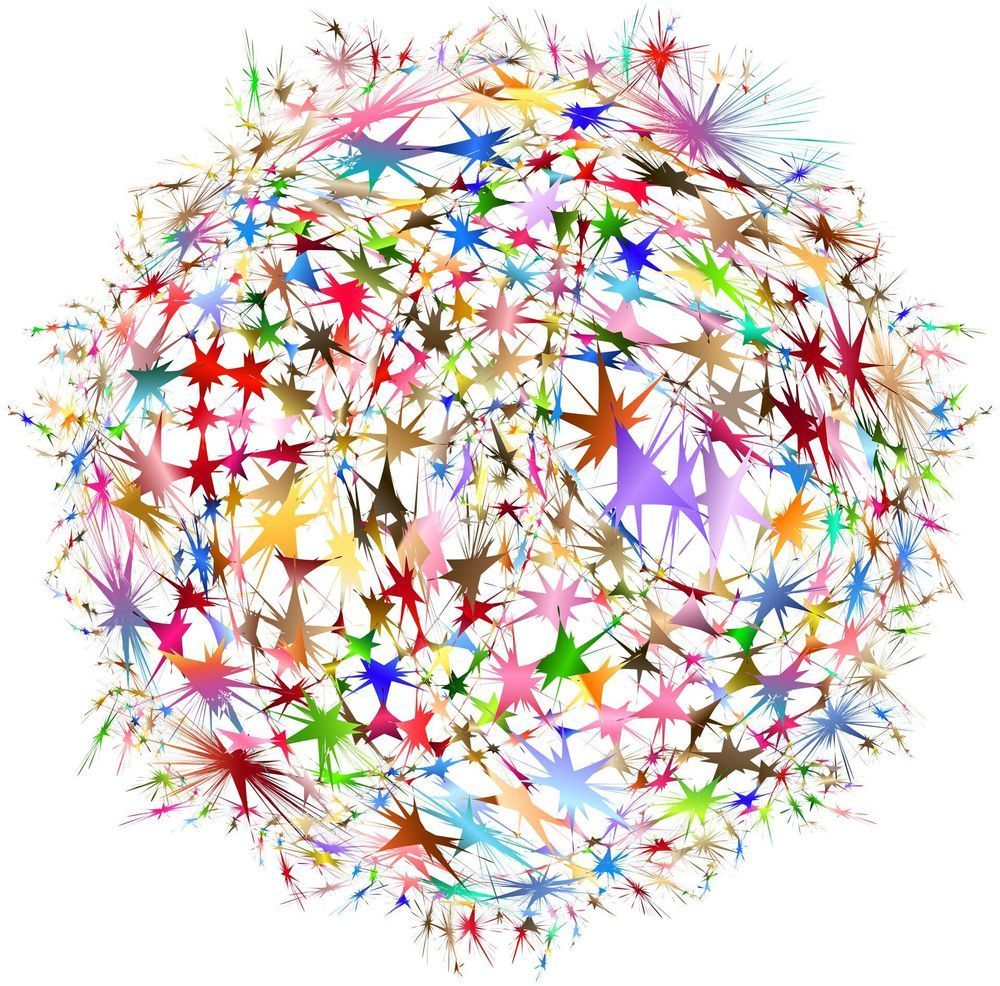
AI as mediator: ‘Smart’ replies help humans communicate during pandemic
Daily life during a pandemic means social distancing and finding new ways to remotely connect with friends, family and co-workers. And as we communicate online and by text, artificial intelligence could play a role in keeping our conversations on track, according to new Cornell University research.
Humans having difficult conversations said they trusted artificially intelligent systems —the “smart” reply suggestions in texts—more than the people they were talking to, according to a new study, “AI as a Moral Crumple Zone: The Effects of Mediated AI Communication on Attribution and Trust,” published online in the journal Computers in Human Behavior.
“We find that when things go wrong, people take the responsibility that would otherwise have been designated to their human partner and designate some of that to the artificial intelligence system,” said Jess Hohenstein, a doctoral student in the field of information science and the paper’s first author. “This introduces a potential to take AI and use it as a mediator in our conversations.”

Needle in a haystack: MIPT scientists explain why new dangerous viruses are so hard to identify
In a recently published fundamental review dedicated to the diagnostics of viral infections, a Russian research team featuring MIPT researchers was the first to systematically describe and summarize the cutting-edge technologies in the rapidly developing field of genetics. A number of new effective methods of virus detection have been developed over the past few years, including those targeted at unknown pathogens. The authors described the so-called high-throughput next-generation sequencing as a potent new approach. The method promises to revolutionize the detection and analysis of new pathogenic viruses, but it will be at least several years until it is introduced into mainstream clinical practice.
In response to the rapid spread of the COVID-19 pandemic, an authoritative global scientific journal, aptly named Viruses, published a fundamental review of problems related to identifying and studying emerging pathogens, such as the notorious coronavirus.
“There are, by various statistical estimations, over 320,000 various viruses infecting mammals,” said Kamil Khafizov, a researcher at MIPT’s Historical Genetics, Radiocarbon Analysis and Applied Physics Lab and one of the review’s authors. “But up to date, less than 1% of this vast multitude has been studied.”

Sponsored: Taking a Quantum Leap for Near-Term Defense
Quantum computers will revolutionize information technology, ushering in an era where certain types of calculations will be performed with almost unimaginable speed. Practical applications will include healthcare disciplines such as molecular biology and drug discovery; big data mining; financial services such as portfolio analysis and fraud detection; and artificial intelligence and machine learning.
The federal government is helping to create an environment in which quantum computing innovation and experimentation can flourish. The National Quantum Initiative Act puts $1.2 billion into the quantum research budgets of the Energy Department, the National Institute of Standards and Technology, NASA and the National Science Foundation. The law also outlines a 10-year plan to accelerate the development of quantum information science and technology applications.
Meanwhile, The White House’s Office of Science and Technology Policy is working to ensure that economic growth opportunities and opportunities for improving the world are baked into quantum policies and systems.
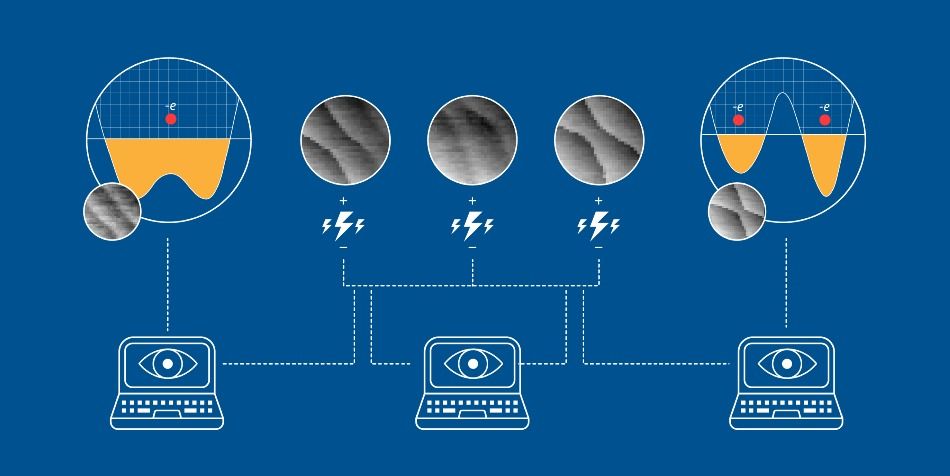
AI Mechanic Offers Solution for Tuning Quantum Computers
The same concept applies to the processor integrated into a quantum computer, whose fragile bits should be tuned optimally before it can execute a calculation. But who would be the right mechanic to perform this quantum tune-up task?
According to a group that comprises researchers from the National Institute of Standards and Technology (NIST), the quantum tune-up job can be performed by artificial intelligence (AI).
Published in the Physical Review Applied journal, the researchers’ paper shows how an AI can be trained to make an interconnected set of modifications to minute quantum dots. These quantum dots are among the numerous potential devices used for developing the quantum bits, also known as qubits,” that would create the switches in the processor of a quantum computer.
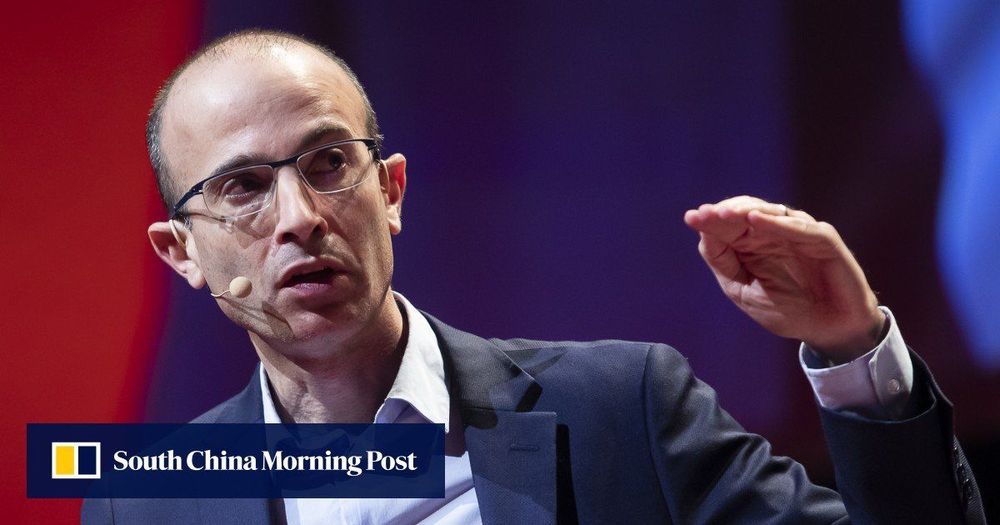
Homo Deus author has pandemic lessons from past and warnings for future
Historian Yuval Harari, author of Sapiens and Homo Deus, answers questions from the South China Morning Post on how the coronavirus pandemic poses unprecedented challenges in biometric surveillance, governance and global cooperation.
Yuval Harari says that unlike our ancestors battling plagues, we have science, wisdom and community on our side.
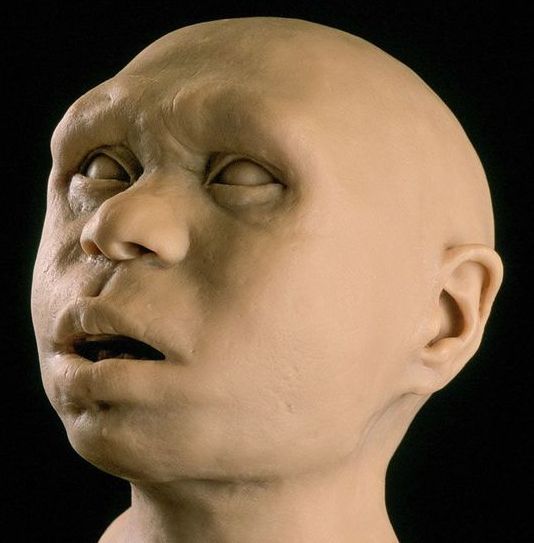
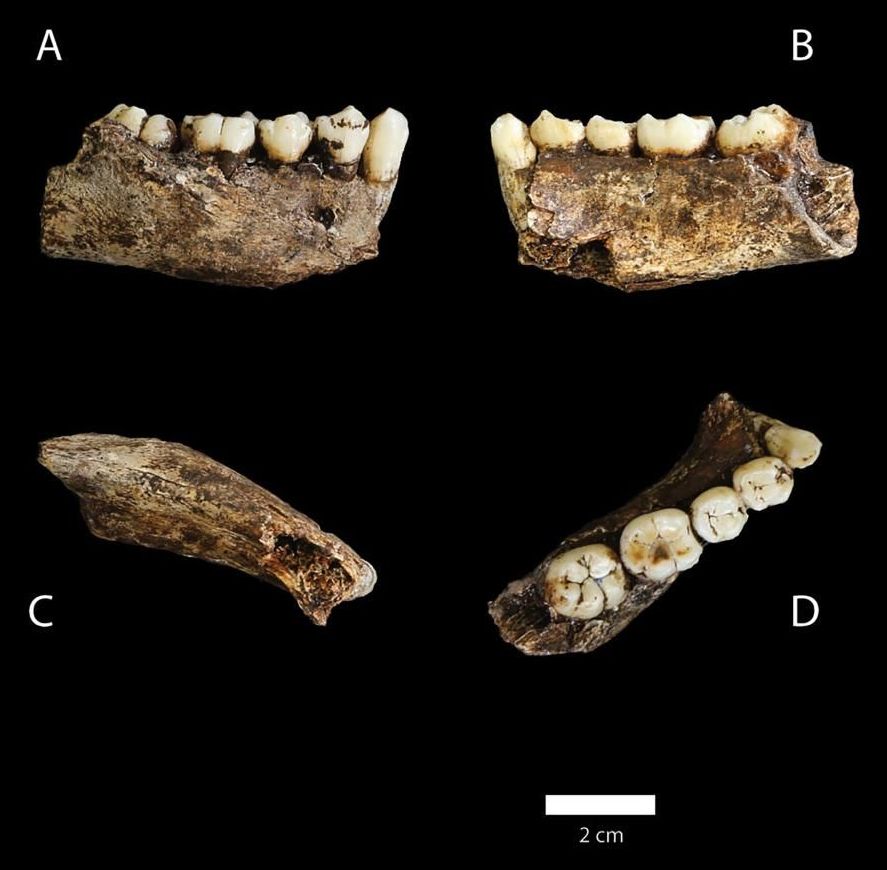
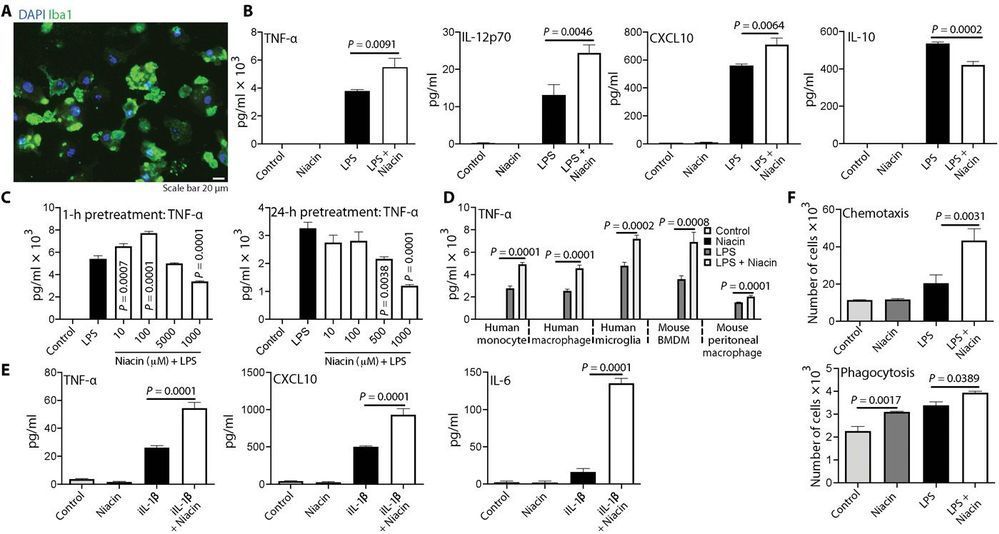
Control of brain tumor growth
Although innate immune cells are typically present inside tumors, they often have an inactive phenotype such that they are ineffective at killing the cancer cells or even promote tumor growth. Sarkar et al. discovered that it may be possible to reprogram these cells to a more active type using niacin (vitamin B3). The authors showed that niacin-exposed monocytes can inhibit the growth of brain tumor–initiating cells. Moreover, niacin treatment of intracranial mouse models of glioblastoma increased monocyte and macrophage infiltration into the tumors, stimulated antitumor immune responses, and extended the animals’ survival, especially when combined with the chemotherapeutic drug temozolomide.
Glioblastomas are generally incurable partly because monocytes, macrophages, and microglia in afflicted patients do not function in an antitumor capacity. Medications that reactivate these macrophages/microglia, as well as circulating monocytes that become macrophages, could thus be useful to treat glioblastoma. We have discovered that niacin (vitamin B3) is a potential stimulator of these inefficient myeloid cells. Niacin-exposed monocytes attenuated the growth of brain tumor–initiating cells (BTICs) derived from glioblastoma patients by producing anti-proliferative interferon-α14. Niacin treatment of mice bearing intracranial BTICs increased macrophage/microglia representation within the tumor, reduced tumor size, and prolonged survival. These therapeutic outcomes were negated in mice depleted of circulating monocytes or harboring interferon-α receptor–deleted BTICs. Combination treatment with temozolomide enhanced niacin-promoted survival.
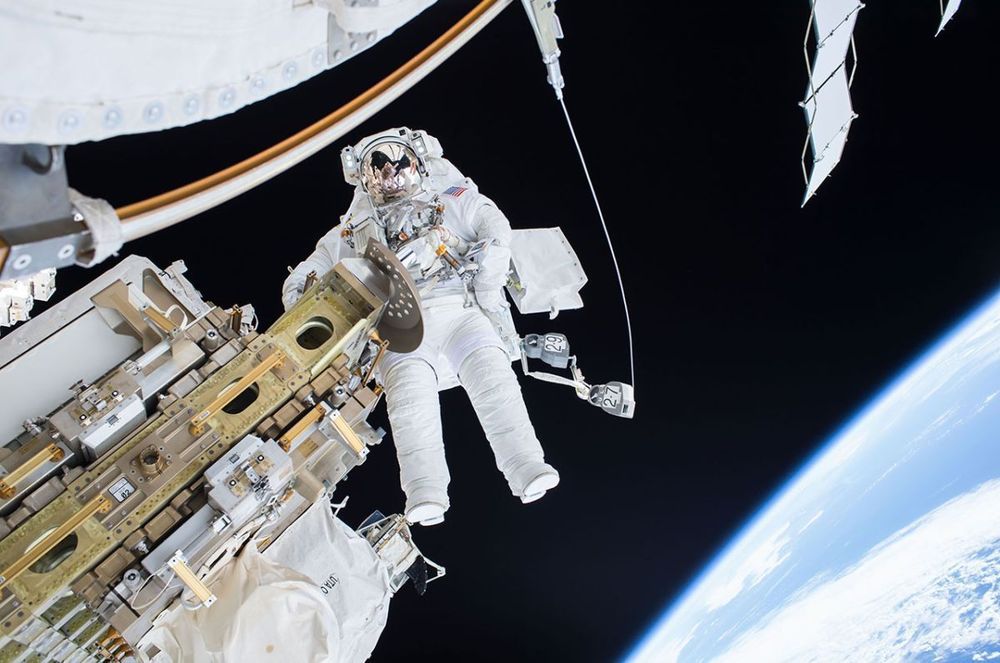
More than 12,000 apply to become an astronaut for NASA’s ‘Artemis Generation’
The results are in and, no surprise, a lot of people want to be a NASA astronaut.
More than 12,000 people have applied to join what NASA is calling the “Artemis Generation,” a new class of astronauts to help the agency return humans to the moon and reach outward to Mars. It’s the second highest number of applications the agency’s astronaut corps has ever received, NASA officials said.